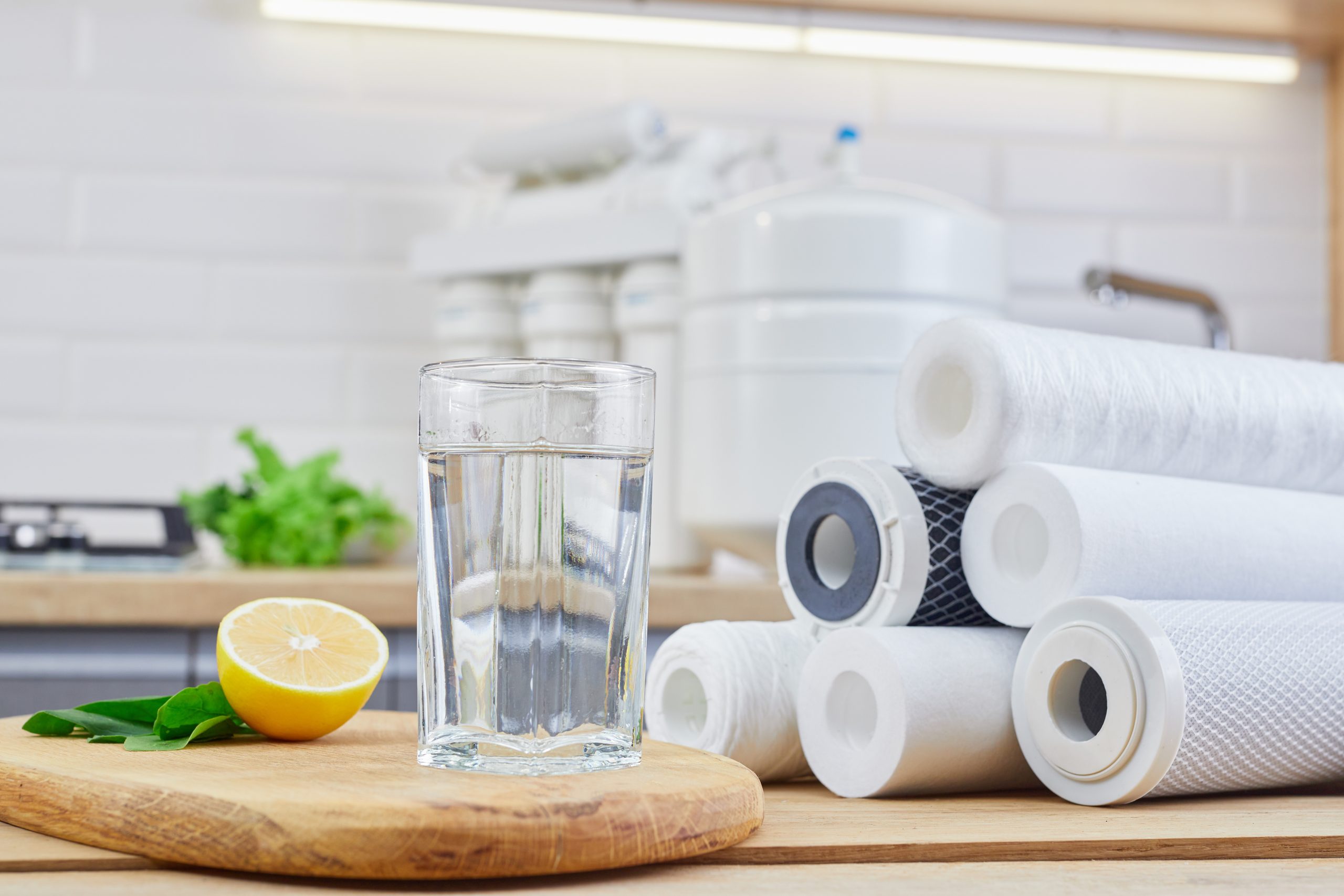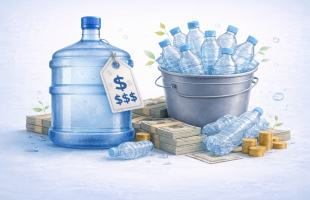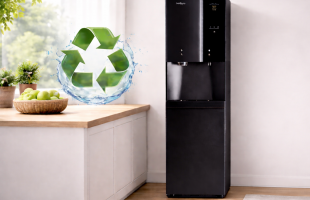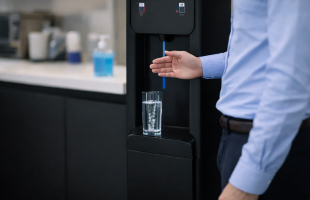Clean, great-tasting water is something most people take for granted. But in New Jersey, where aging infrastructure and groundwater contamination are well-documented, the water you drink may contain far more than meets the eye.
For offices, schools, and businesses that care about employee wellness and environmental safety, the type of water cooler you choose makes all the difference. The big question is: Do you really need reverse osmosis (RO) or is a standard filtered water cooler enough?
Let’s break down what each system does, and why reverse osmosis is the smart choice for New Jersey workplaces.
What Standard Filtration Really Removes
Standard carbon filtration systems are designed primarily to improve taste and odor. These filters are effective at reducing chlorine, sediment, and some organic compounds, making the water taste fresher.
However, standard filters are not built to remove harmful contaminants. They typically cannot eliminate:
– Heavy metals (like lead and arsenic)
– Dissolved solids
– PFAS “forever chemicals”
– Fluoride
– Nitrates
– Bacteria or viruses
– Pharmaceuticals or pesticides
So, while the water might taste better, it’s not necessarily safer. If your office water source contains dissolved contaminants or industrial pollutants, a basic carbon filter won’t protect your team.
What Reverse Osmosis Removes — and Why It Matters
Reverse osmosis (RO) is considered the gold standard for water purification. It uses a semipermeable membrane that filters water at the molecular level, removing up to 99% of all dissolved contaminants.
Reverse osmosis removes:
– Arsenic and lead
– Fluoride and nitrates
– PFAS (forever chemicals)
– Dissolved solids
– Bacteria and viruses
– Pesticides and pharmaceuticals
– Chlorine and volatile organic compounds (VOCs)
– Microplastics
That’s a long list, and for good reason. When water passes through an RO membrane, nearly every contaminant molecule is filtered out, leaving only pure, safe drinking water.
In other words: RO doesn’t just make water taste good. it makes it truly clean.
Why Reverse Osmosis Is Especially Important in New Jersey
New Jersey’s water systems face unique challenges due to age, population density, and industrial history. Many communities across the state have been affected by contaminants that standard filters cannot remove, including:
– Lead: Thousands of older properties still rely on outdated lead service lines.
– Arsenic: Detected in well water across several counties in north and central NJ.
– PFAS contamination: Found in more than 60% of tested New Jersey water systems, according to the NJ Department of Environmental Protection (NJDEP).
– Industrial runoff: Decades of chemical manufacturing have left pollutants in soil and groundwater.
For these reasons, businesses and offices in New Jersey are increasingly switching to reverse osmosis water coolers to ensure long-term safety and compliance.
If your office relies on public or well water in New Jersey, reverse osmosis is not a luxury, it’s a necessity.
Common Misconceptions About Water Filtration
Most people assume all filtered water systems work the same way. The truth is, they don’t.
Many offices still use basic carbon filtration because:
– It’s cheaper upfront
– They assume all filters remove the same contaminants
– They’ve never been informed about local water quality risks
However, once facility managers or business owners see side-by-side test results, especially Total Dissolved Solids (TDS) readings, the difference is clear. Reverse osmosis consistently produces cleaner, safer water with near-zero TDS levels.
If you haven’t had your office water tested yet, Document Solutions offers TDS water assessments!
How Reverse Osmosis Benefits New Jersey Workplaces
Beyond safety, RO water coolers offer multiple benefits for offices and organizations:
1. Healthier Employees: Clean water reduces exposure to harmful contaminants and improves hydration.
2. Better Taste: RO removes chlorine and chemical residues that affect flavor.
3. Lower Environmental Impact: No plastic bottles or delivery trucks.
4. Cost Efficiency: Reduced maintenance and long-term savings compared to bottled water delivery.
5. Peace of Mind: Guaranteed purity backed by advanced multi-stage filtration technology.
With Document Solutions’ bottleless reverse osmosis water coolers, your workplace gets unlimited purified water with zero hassle.
Frequently Asked Questions About Reverse Osmosis Water Coolers
Is reverse osmosis water safe to drink daily?
Yes. RO water is completely safe and meets or exceeds EPA standards for purity. It removes harmful contaminants while retaining essential hydration benefits.
How often do RO filters need replacement?
Typically every 6 to 12 months, depending on usage and water quality. Document Solutions handles all maintenance and filter changes for clients.
Does reverse osmosis remove PFAS?
Yes. According to the U.S. Environmental Protection Agency (EPA), reverse osmosis is one of the most effective methods for reducing PFAS contamination in drinking water.
The Bottom Line: Don’t Settle for “Good Enough” Water
If your office water system only improves taste but not safety, it’s time to reconsider your filtration method. In New Jersey, where contaminants like PFAS, arsenic, and lead are real concerns, reverse osmosis filtration offers the highest level of protection for your employees, clients, and visitors
Upgrade your workplace with a bottleless reverse osmosis water cooler from Document Solutions. We’ll test your water, recommend the right system, and install a unit that delivers pure, great-tasting water, without the waste or hassle of bottled delivery. Call (888) 880-3377 today, or contact us here!





